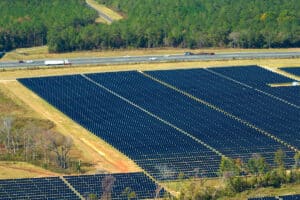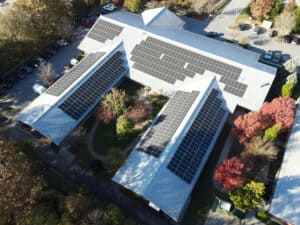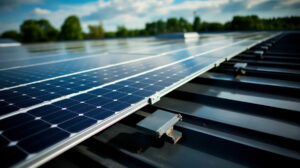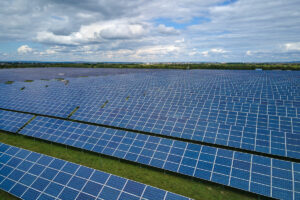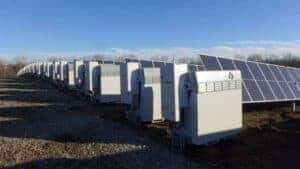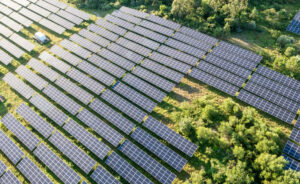Hydrogen has been gaining popularity in recent years because of all of the different clean uses and applications the fuel source offers. Hydrogen energy storage is just one of these applications. What hydrogen energy storage is, how it works, its benefits and current U.S. applications are outlined below.
What is hydrogen energy storage?
Hydrogen energy storage is a form of chemical energy storage that involves electrical power conversion into hydrogen. It is similar in concept to battery energy storage as it works to offset peak electricity demand charges by storing and supplying unused energy when necessary. Stored hydrogen can respect fossil fuel in combustion applications.
How does hydrogen energy storage work?
This type of energy storage uses surplus energy generated during low demand periods by renewable power sources like solar panels or wind turbines. The surplus energy powers electrolysis, the process in which hydrogen is created. Electrolysis creates hydrogen when an electrical current passes through a chemical solution. Hydrogen is stored and can be re-electrified in fuel cells with efficiencies up to 50 percent. A fuel cell generated electricity through an electrochemical reaction instead of a combustion. See the diagram below for a depiction of a hydrogen fuel cell.
Hydrogen storage is unique. Hydrogen can be tanked like propane or turned into a powder. It can physically be stored as either a gas or liquid. As a gas, hydrogen storage requires high-pressure tanks. Liquid hydrogen requires storage at cryogenic temperatures. As a solid, hydrogen can be stored by absorption either within a solid or on the surface of solids.
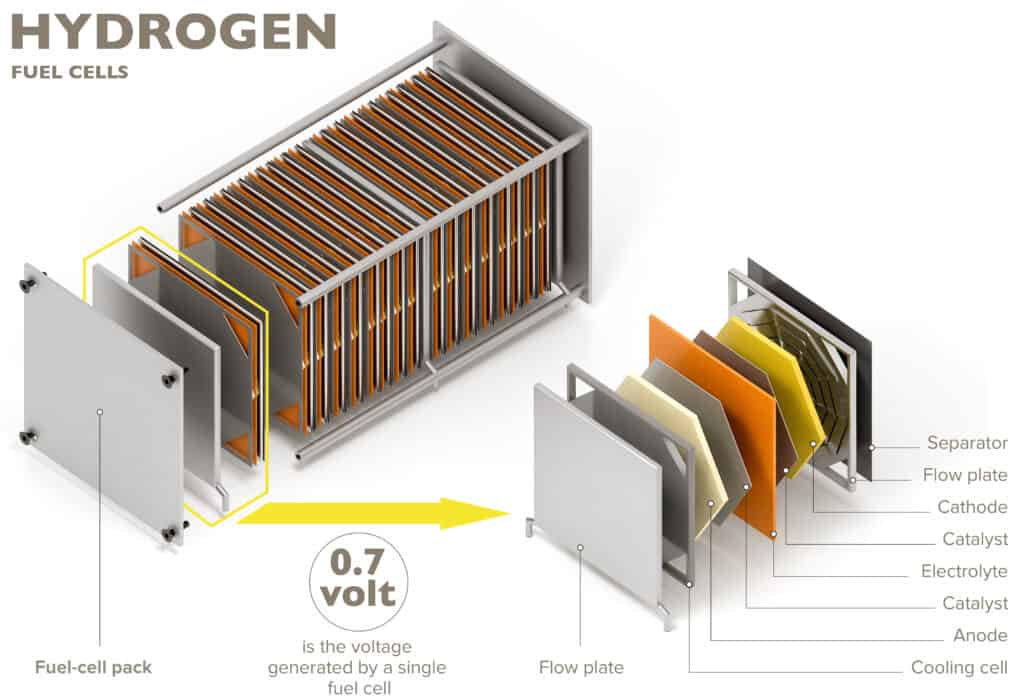
Benefits of hydrogen energy storage
Hydrogen energy storage offers all of the benefits of energy storage, with extra unique advantages. As with any energy storage system, pairing hydrogen energy storage with power generation systems like solar panels or wind turbines can reduce energy demand and therefore increase energy savings. This technology offers extra advantages like the ability to store larger amounts of energy for longer time periods. This is in comparison to other technologies such as battery energy storage. Hydrogen technology can store energy for weeks at a time while other energy storage systems have discharge periods of four hours or less.
Hydrogen energy storage in the U.S.
SoCalGas is a natural gas provider based in Southern California that has worked on many hydrogen energy storage projects. On one of their projects with the National Fuel Cell Research Center at the University of California at Irvine, SoCalGas installed an electrolyzer powered by onsite solar technology that fed power to the campus power plant. An electrolyzer is is a system that creates hydrogen using electrolysis.
Another example of hydrogen energy storage in the U.S. is the 1,000 MW power facility in Milliard County, Utah, developed by Mitsubishi Hitachi Power Systems and Magnum Developer. Once completed, this project will combine hydrogen and battery energy storage to store power generated onsite.
A large utility provider called Xcel Energy has partnered with the National Renewable Energy Laboratory on a 110 kW project that combines wind power and hydrogen energy storage. Excess wind energy would be used to created hydrogen which would then be stored either for fuel or converted back into electricity for use at peak demand times.
Want to learn more about hydrogen?
If you are interested in learning more about hydrogen and its different uses and applications make sure to subscribe to our blog by clicking the button below. If you are interested in energy storage systems, click here to explore which system might be right for your organization and/or facility. If you would like to speak with an EnergyLink team member directly, dial (866) 218-0380.

